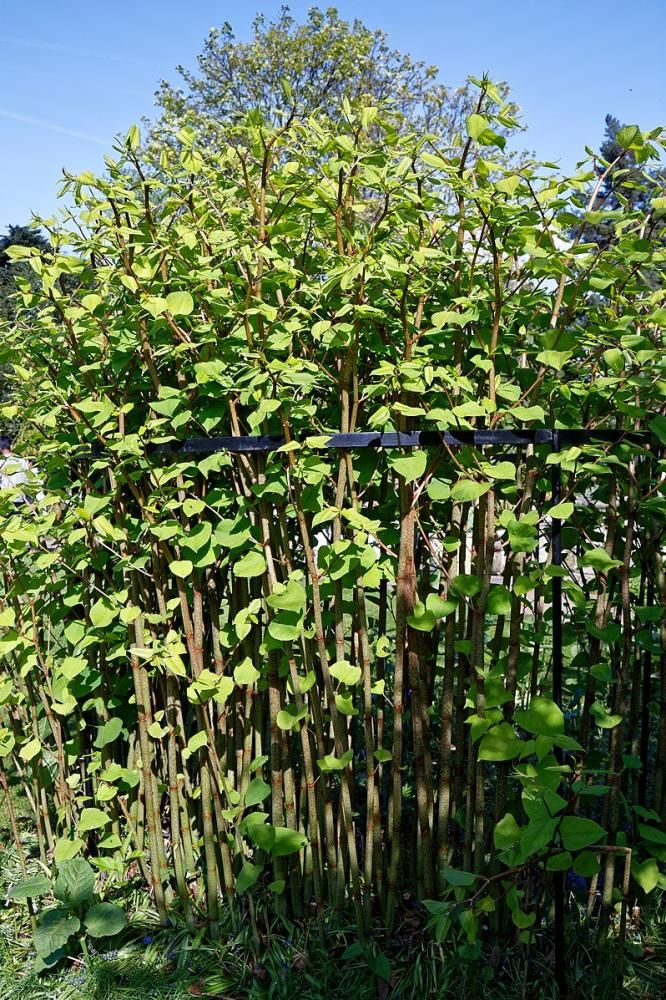An online service putting householders in touch with traders has issued a list of tasks homeowners should tackle before winter.
High on the list issued by HaMuch - https://www.hamuch.com/ - is tackling Japanese Knotweed, one of the country's most invasive and destructive plants.
Founder and CEO of HaMuch Tarquin Purdie said: “It can be easy to neglect our homes during the warmer summer months, but September is certainly the time to act whilst the days remain fairly long and the temperature is yet to drop.
"Prevention is always better than cure when it comes to maintaining a property and money aside, the last thing you want is for your boiler to pack up mid-winter.
"One task in particular could save you thousands of pounds and that’s checking for Japanese Knotweed. During the winter months it tends to die off like most plant life, which can make it hard to detect and give the impression that you’re knotweed free.
"This simply isn’t the case as it continues to spread below the surface and so neglecting it until the following spring could devalue your home substantially.”
Acting fast to remove Japanese Knotweed is key as the longer it’s left, the more destructive and expensive it becomes.
According to HaMuch, a householder might end up having to pay £1,000-£2,000 to remove it, but this is far better than leaving it be, as it’s estimated to reduce the value of a home by 15 percent.
Other precautions highlighted by HaMuch include:
- Boiler and radiator health check. Before the first cold snap of winter arrives, now is the ideal time to check on the health of your boiler and radiators.
First, go through the house and bleed all radiators to ensure they’re functioning properly and efficiently distributing heat throughout the house.
Then it’s time to book your boiler in for a health check. A check up should cost around £100 and, if an issue is found, repairs can cost a further £100-£800 depending on the severity.
- Insulation, windows, and doors. It’s also time to cast a careful eye over home insulation. Loft and cavity wall insulation, combined with secure windows and doors, vastly improves energy efficiency and, therefore, household bills. For the windows, it’s all about checking for cracks or general wear and tear in the frames, especially if they’re wooden. Trickle vents should also be checked for proper function with newer windows, as should water pipes and boiler insulation.
- Damp and mould. Damp and mould are serious issues in the home. Not only do they pose potential structural problems if left unattended, but they’re also terrible for health. The longer damp and mould are left, the worse they get and the more problematic they are to resolve - it can be difficult to even find the source of damp when it’s been allowed to fester for too long.
- Brickwork and Gutters. Before the winter rain comes, it’s important to check the pointing on external brickwork. If it’s inadequate or incomplete, it can let water into the structure and become a serious problem, especially if temperatures drop below freezing. While you’re outside, take a moment to check that gutters and drains are all clear of leaves and other debris that might cause a clog, replacing any cracked pipes along the way.
- The Roof. Cracked or missing tiles can cause big issues for a home, from water ingress, to heating loss, and even unsafe structural issues. An inspection should about £250, but it’s money well spent.









Your Comments
Be the first to comment on this article
Login or Register to post a comment on this article